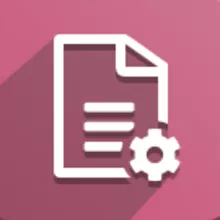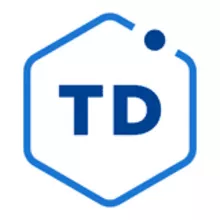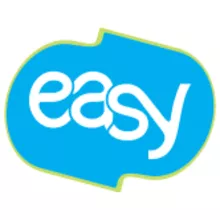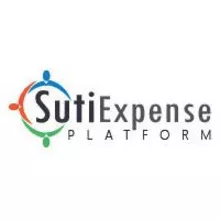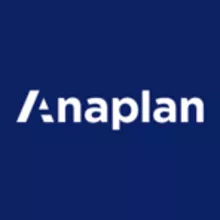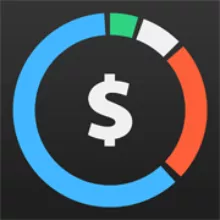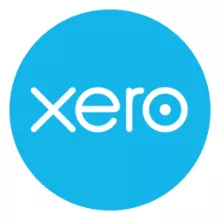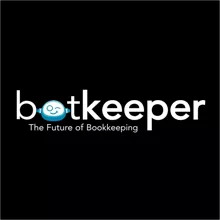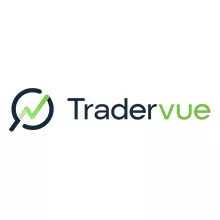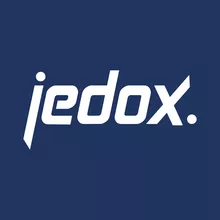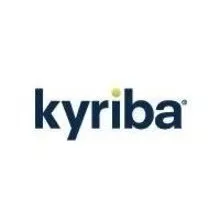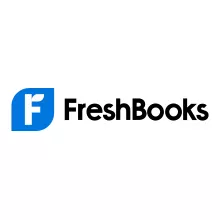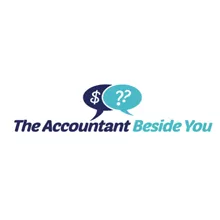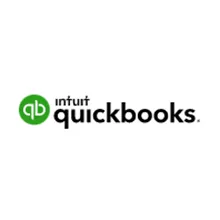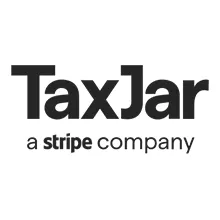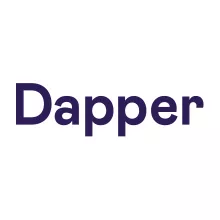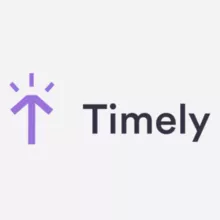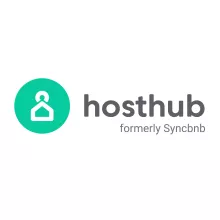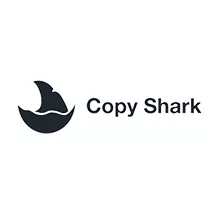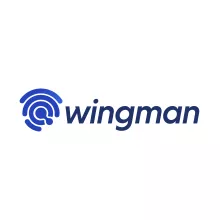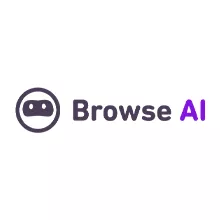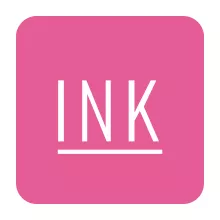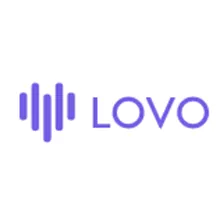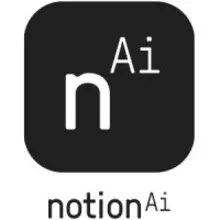Accounting software for freelancers and small businesses
What Is Financial Reporting Software?
Various types of software incorporate financial reporting tools. Business intelligence software is where the most problems occur. These tools will assist in the storage of data and the creation of reports on costs, performance, and a range of other criteria. Accounting software is another form of financial report-related software. Accountants can use these tools to arrange their expenses, budgets, and resources. Reports for further retrospective examination may be generated after several accounting activities have been completed. Enterprise resource planning (ERP) suites are the last product category with reporting capabilities. They will assist users in creating a budget, resource, and spending report. They also include a variety of extra resource management and allocation functions.
For more information about Financial Reporting Software, you can check out Finance online's blog.
The benefits of Financial Reporting Software
- Get a Clear View of Your Company's Health: Financial reporting software is an essential piece of business software for determining a company's development and profitability and a valuable tool for making data-driven, long-term financial choices.
- Customizable and Shareable: Financial reporting software provides conventional report templates typically used in business accounting, as well as the ability to build reports with customized data and graphical features.
- Automated Data Sharing: Finance experts can automatically retrieve data from each department for a quicker reporting process when the system is coupled with others, such as a sales management tool or HR software.
Here is the list of the best Financial Reporting Software.
Five critical elements of financial reporting software
- Dashboards: Capture data on your company's financial health and display it in an easy-to-read style. Create dashboards to summarize data for a particular audience, such as business owners or accountants.
- Data export: Financial reports assist decision-makers, investors, and regulatory authorities in tracking corporate performance and increasing transparency. As a result, data from dashboards and reports must be converted as CSV or PDF files so that they may be shared simply.
- Customization: Create custom fields, views, and formatting to keep track of the data that matters most to your company. Look for drag-and-drop functionality to adjust formatting and layout options, arrange data in various ways, and drill down into data for a complete analysis.
- Other software integration: Ensure that data is seamlessly transferred between applications. This is extremely critical if your company outsources payroll or has industry-specific needs like inventory tracking or fixed asset depreciation.
- Multi-user capability: Tax preparation and filing can be improved by sharing reports with accountants and bookkeepers. For accountability and accuracy, be sure systems have tracked changes.




